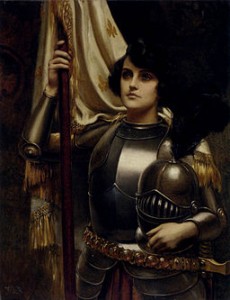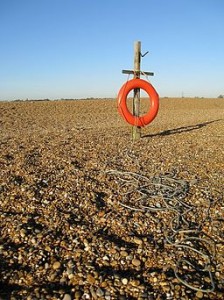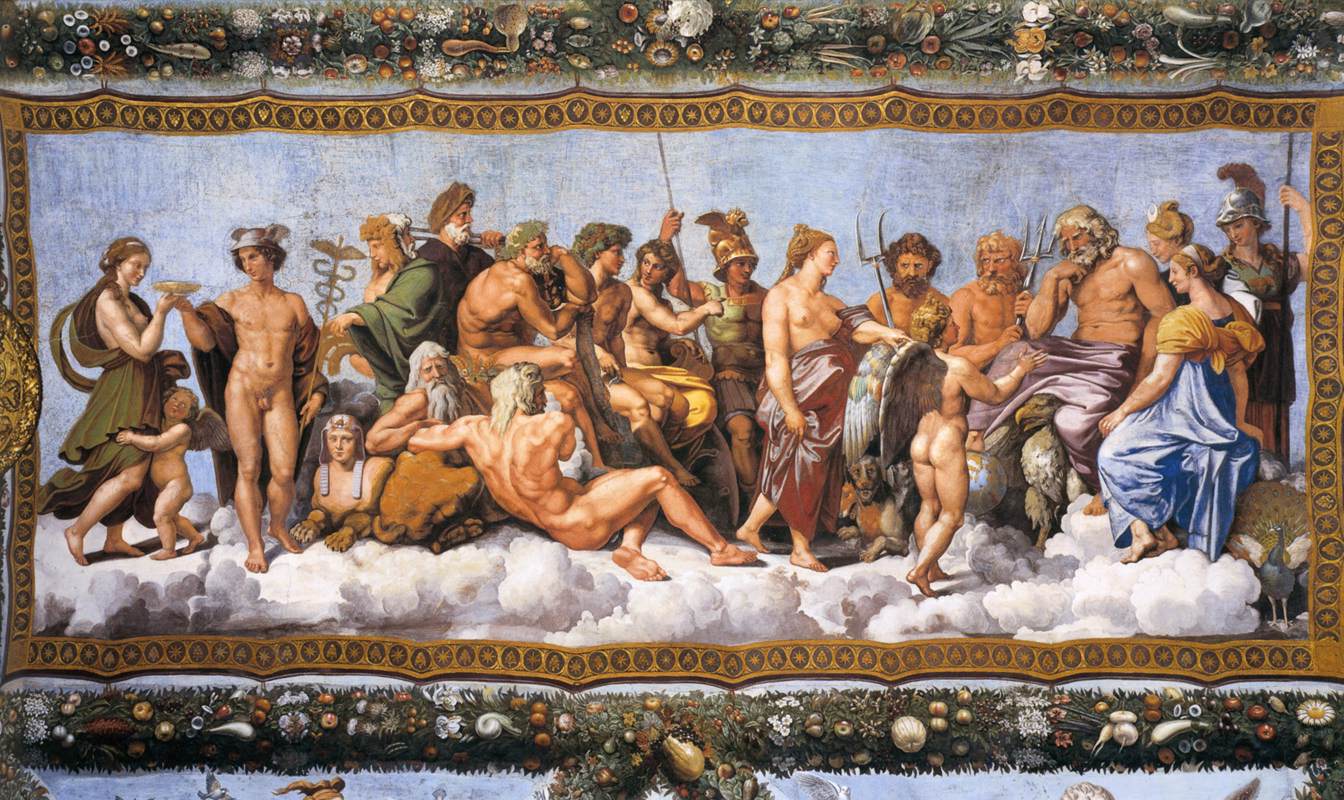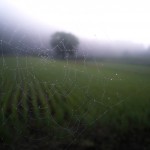Narrative theology (also known as postliberal theology, which I just found out) is a recent theological development where the overarching narrative of the Christian story takes on central importance, over/against ideas of systematic theology. One of its main points is that individuals are part of a community and that community’s history, which is the focus of Christian narrative theology. I like the idea of being part of a story that is bigger than myself. That seems to take into account the reality that no matter our individual practices or beliefs we are part of a larger system of beliefs, practices, and histories. I studied a little bit of this in graduate school and I thought it was helpful in many ways, though I didn’t adopt it as my preferred theological model.
This narrative model of theology makes sense in a polytheist context as well. We might be solitary practitioners, yet we are part of a larger narrative, whether or not it is our particular narrative. For some this narrative, even as undeveloped as it may be, means more; for others, it means less. I am thinking particularly of the backlash Ronald Hutton faced when he published Triumph of the Moon, in which he rained on a lot of people’s historical parade. Clearly, there was a narrative that held meaning for a lot of people, shaping their practices and the stories they told about their lineages. Even non-Wiccans have stories they are part of – whether it’s communal narratives spanning only the last five years, participating in creating the world, or even just the story of their own lives.
And this is one of the many gifts that polytheism has given me. I have yet to feel that I am part of an overarching communal narrative, but finally I have been able to embrace my own narrative: I am the hero of my own story.

I get to be the hero and author of my own story, my own life, my own narrative. As a Christian, Jesus was supposed to the be the hero and God was the author of my story. Now, I might join up with other heroes and characters along the way, I may add my story to the grand narrative, but I get to be the hero of my own story. No one else does. This is not selfish, though it is self-centered – and appropriately so.
Don’t children and young folk (when is that cut off again?) want to be the hero of the story? Whether that’s the knight or the princess, we want to be the focus. I wanted the hero’s journey. I wanted the hermit’s freedom and enlightenment. I wanted the witch’s confidence and power and autonomy. No one raises their hand to be the pageboy or the slave or the scullery maid. Sure, in feudal metaphors, which are deeply problematic on many levels, we are most of us more like the servants and peasants than the knights and princesses. Myth was a sacred guide. I wish I’d read more of it!
There are several ways one can take narrative theology. We can weave it into the narrative of our pantheons. We can tell the story/ies of our community: where we’ve come from, where we’re headed. We can lose ourselves in myths and stories in delusional ways, like people who lose their lives in gaming consoles, never taking their stories out into their ‘real worlds.’ Narrative theology can inform our experience whether we’re polytheists, monists, dualists, or humanistic Pagans.
If I am the author of my life then I relate to the gods and spirits however the relationship requires, rather than in a one-size-fits-all way. Sometimes I am battling demons, usually my own. Sometimes I am engaging with land spirits. Sometimes I am worshiping the gods, other times listening as a student, or acting as ambassador to or for them.
What is the story I am telling? Often times when I read interviews with authors they say that characters evolve and the stories tell themselves. I have an idea of what I want for my life and who I want to be; I aim for some consistency, but I don’t restrict myself to the ‘genre’ I think I am. Sometimes my life is a melodrama, sometimes a comedy, occasionally with tragic moments. Sometimes I’m my own worst enemy. Sometimes the hermit.
But I’m still not exactly sure what it is I’m looking for, I’m still not exactly weaving a new narrative. What is my ‘grail’? Am I the knight, the witch, the monk, the lady? Likely I’m all of them, depending on what day it is. Paganism, in the broadest sense, best allows me to be who I need to be. Its language and vocabulary best expresses what I’ve experienced. But sometimes I find myself continuing to seek out the same story and characters I was looking for when I was a Christian.

If I may mix metaphors for a bit, it’s like sailing on the sea in a boat. By leaving behind Christianity I thought I’d gotten into an entirely new mode of transportation, except it’s the same style of boat, only with a new paint job. I am looking for a god to fill my gaps, give my life order and meaning, help me feel special. I see that this new story I think I’m living is a lot like my time in Christianity. I still keep thinking of things in Christian-ish terms: personal relationship (am I supposed to have these with the gods?), prayers, worthiness (I struggle with never feeling quite ‘enough’). I’m still sailing in a monotheistic boat, only with polytheist paint. Paganism, of any kind, ought to be like diving in to the waters and swimming. Me, I find myself still clinging to the rudder of some boat. That’s not the story I thought I was writing!
I have to remind myself to let go, to swim and bob in uncharted waters, even though much of the seas have been sailed and swum by countless adventurers before me. I can read their stories and look at their maps, but I have to swim this magical, polytheist sea for myself. There’s no one to save me, at least not in my narrative.















